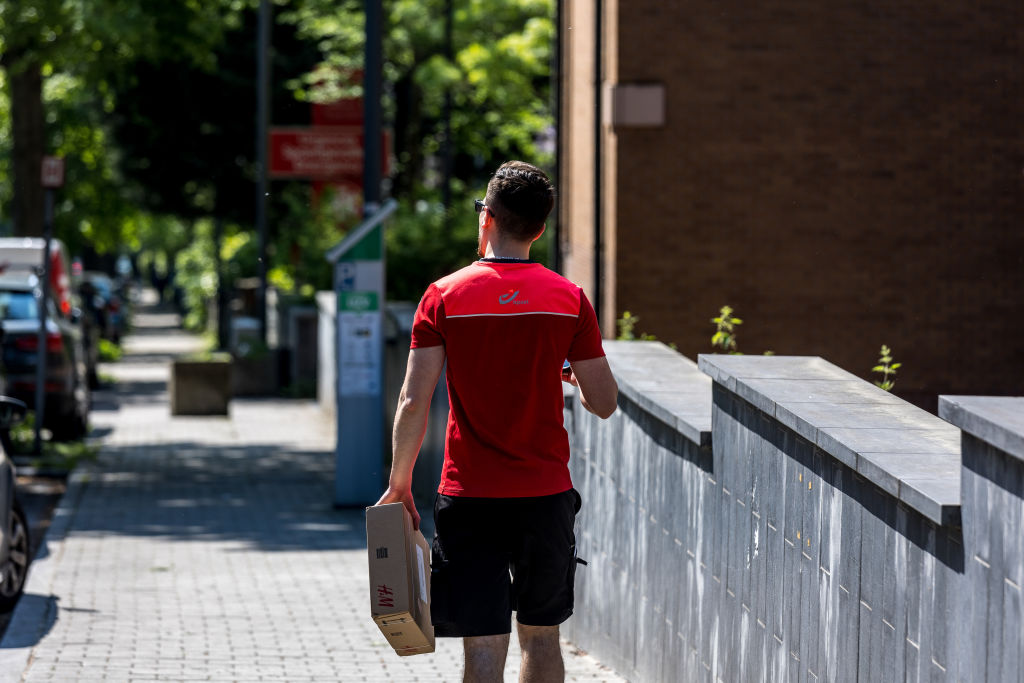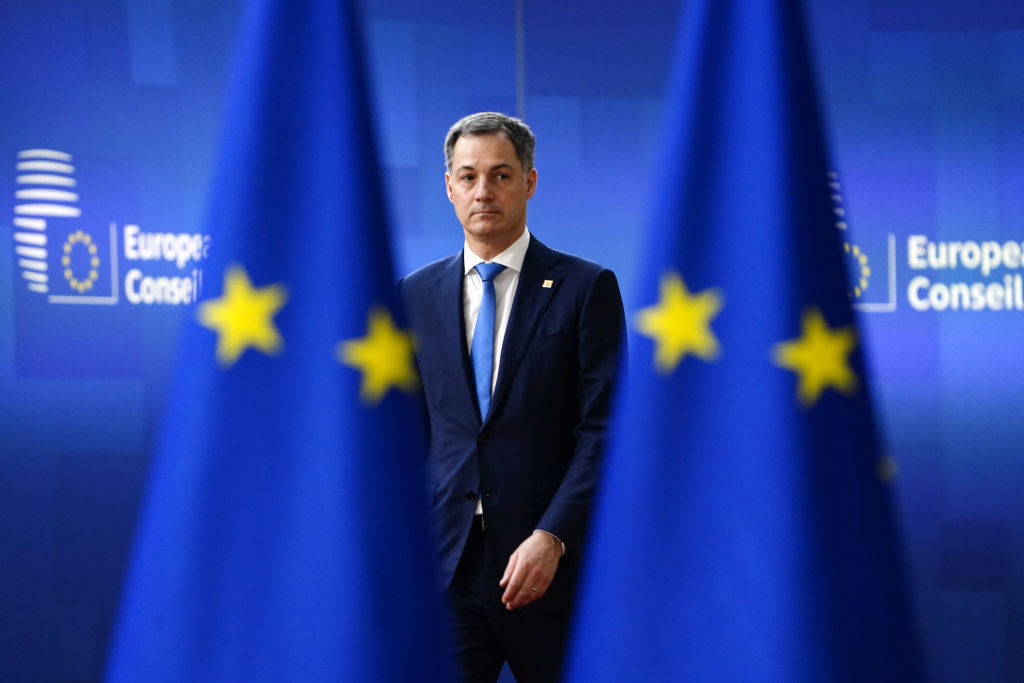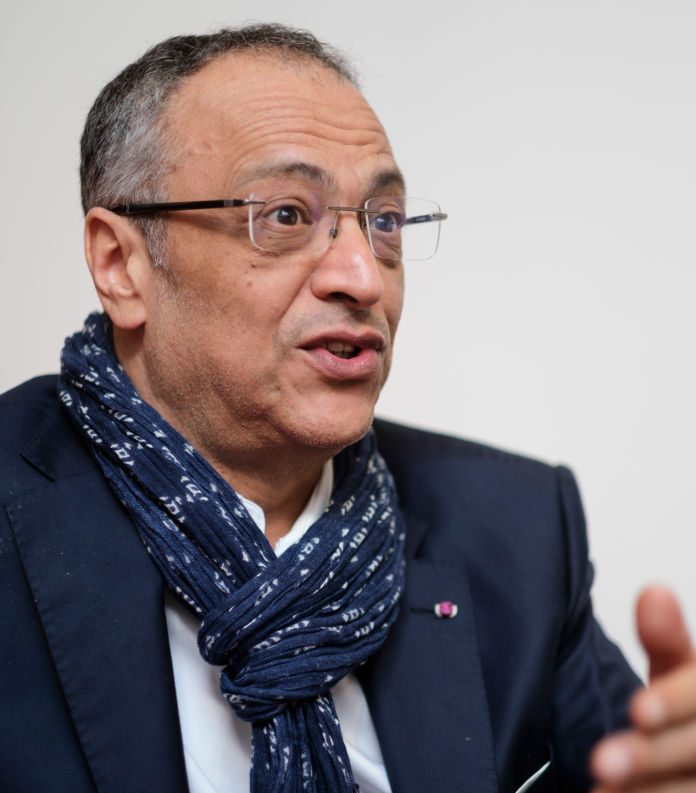Ecuador’s’ presidential elections became world news after Fernando Villavicencio, an anti-corruption candidate, was murdered in front of the cameras during a political rally on August 9.
Villavicencio isn’t the only victim of violence; a week after his murder, local party leader Pedro Briones was shot dead by gunmen on a motorcycle at his home in northern Esmeraldas province. A month earlier the mayor of the port city of Manta in Manabí province was also shot dead.
Commentators say corruption and gang violence are the main reason for the extreme brutality. Both are driven by the drugs trade that worsened under the previous president, Rafael Correa, who today resides in Belgium as a political refugee.
Villavicencio’s fight against corruption scandals and illegal campaign-financing under Correa brought him to political prominence and led to the conviction of the former president in absentia. Belgium, his wife’s home country, recognised Correa as a political refugee.
A warrant for Correa’s arrest was issued by an Ecuadorian judge on July 3, 2018, after he failed to appear at a court hearing related to a trial involving the abduction of his political rival Fernando Balda. During that time, Correa was residing in Belgium. He denied the accusations.
He was sentenced in absentia to eight years in prison for leading a corruption network that, between 2012 and 2016, received “undue contributions” at the seat of government in the Carondelet Palace to finance his political movement in exchange for awarding state contracts to businessmen.
Former president Lenin Moreno’s government made three separate requests to Interpol to arrest Correa. Interpol rejected each on human rights grounds.
With Correa’s presence, Belgium has another high-profile politician wanted by their home nation on its turf, as Catalan separatist leader Carles Puigdemont is likewise sought by Spain for alleged crimes.
Correa served as President of Ecuador from 2007 to 2017 and his democratic Socialist policies proved popular in certain circles.
Assuming power in January 2007, he aimed to shift Ecuador’s economic approach from “neoliberalism”, diminishing the influence of the World Bank and the International Monetary Fund. Correa supervised the implementation of a new constitution and secured his second term through re-election in 2009, followed by another victory in the 2013 general election.
During Correa’s time in office, his presidency aligned with the Latin American trend of leftist governments known as the “pink tide”. He formed alliances with Venezuela and led Ecuador to join the Bolivarian Alliance for the Americas in June 2009.
The left-wing populist was friends with the late Venezuelan president Hugo Chávez and shared the same ideological outlook as the Revolutionary Armed Forces of Colombia, or FARC, the drugs-trading Communist terror organisation.
Under his reign, while he was fighting neoliberal policies, tolerance for corruption and murky dealings between legal and illegal economies also grew. It was against this situation that Villavicencio was campaigning, a battle that ended with his murder.
One infamous incident during Correa’s reign was the 2008 Andean diplomatic crisis, when Colombia intruded into Ecuadorian territory and killed more than 20 FARC militants. Tensions escalated on both military and diplomatic fronts, leading to the recall of ambassadors and arrests worldwide.
The crisis was sparked by the Colombian military’s discovery of laptop computers at a FARC camp that contained an extensive collection of letters and documents revealing its activities and its connections with the governments of Ecuador and Venezuela.
Experts say collusion between state officials and crimnals is endemic.
Adding to Ecuador’s woes was the COVID-19 pandemic as the nation’s economy went belly up. Poor people were seduced by gangs and drug-dealing became a lucrative industry for many. Alongside that, lenient visa policies enabled Mexican, Albanian and Eastern European mafias to enter the country.
As violence increases, the Ecuadorian Government has shown it is not sufficiently able to deal with the scale of the current criminal threat, an issue that may influence the outcome of Ecuadorian elections on August 20.





